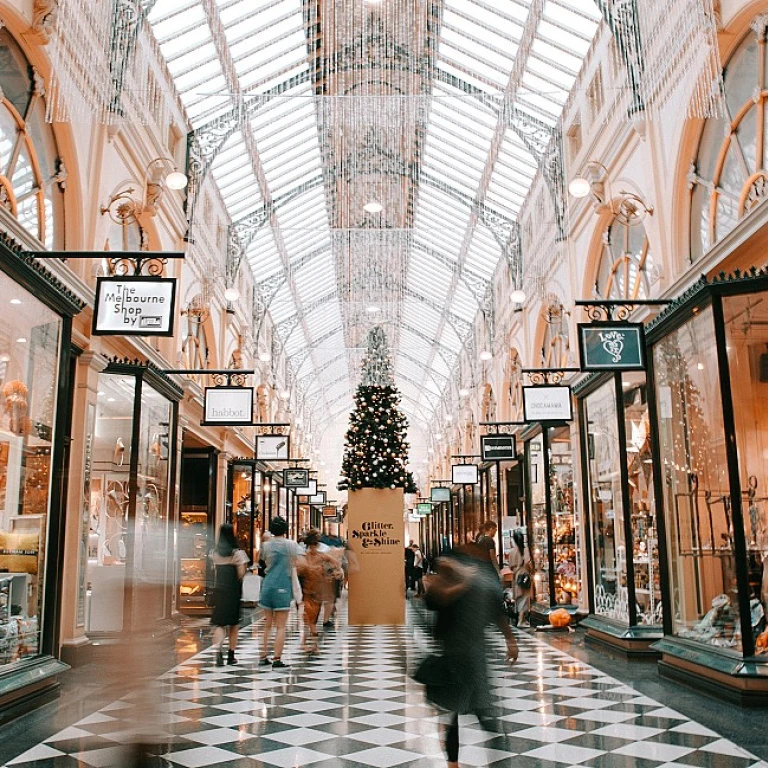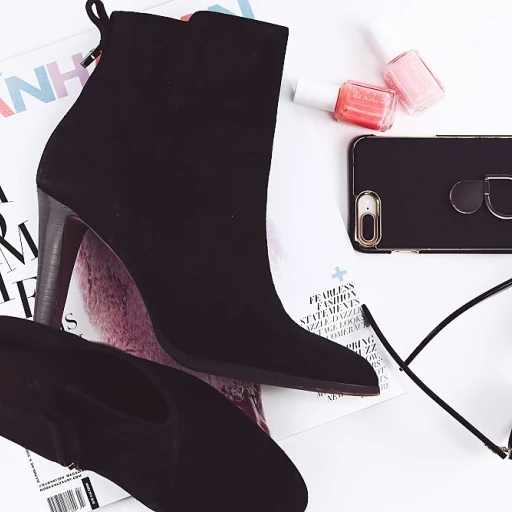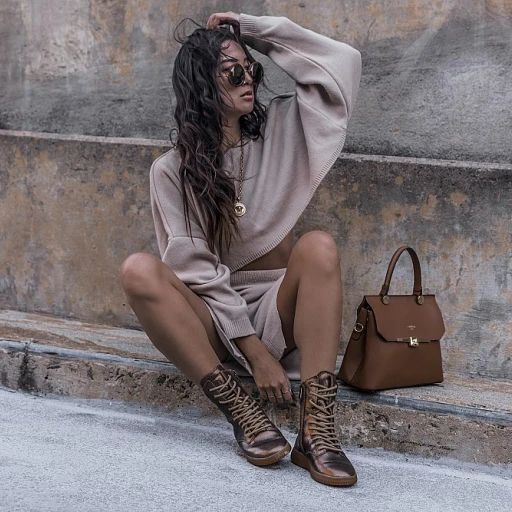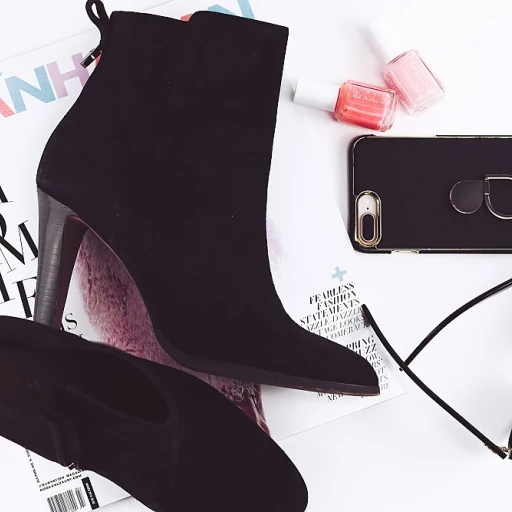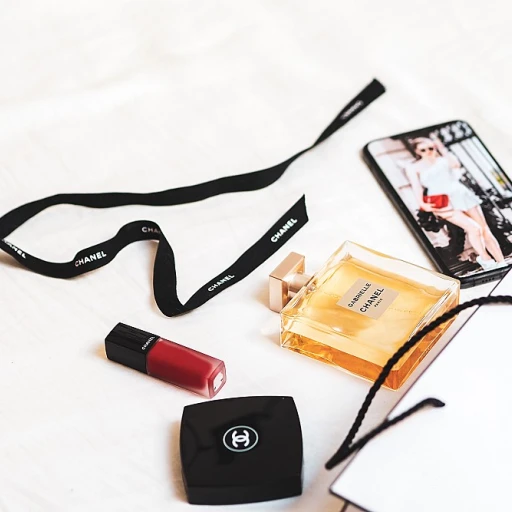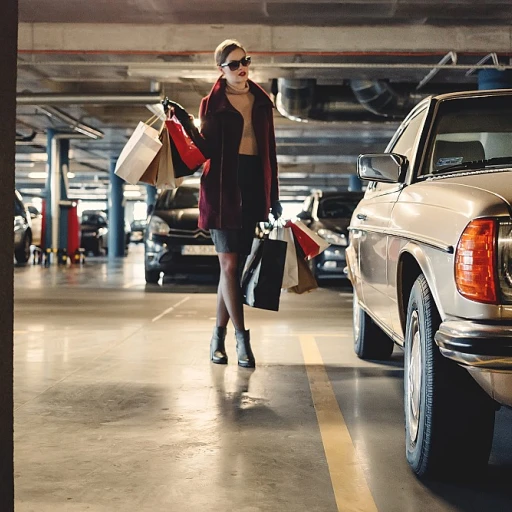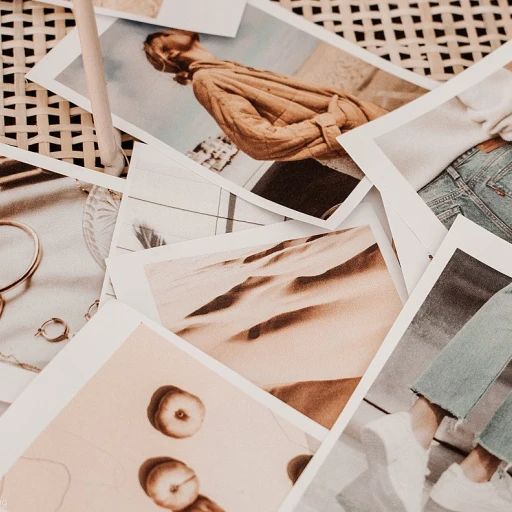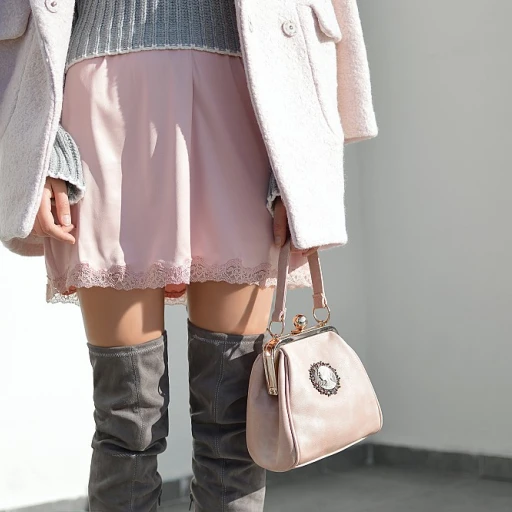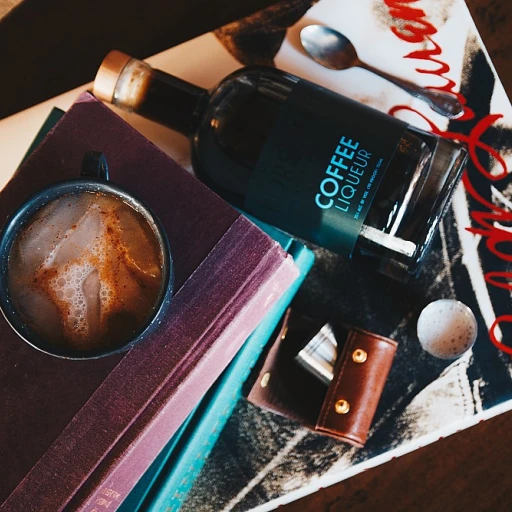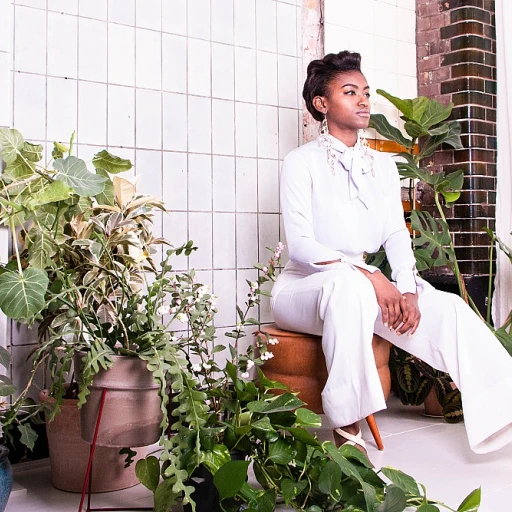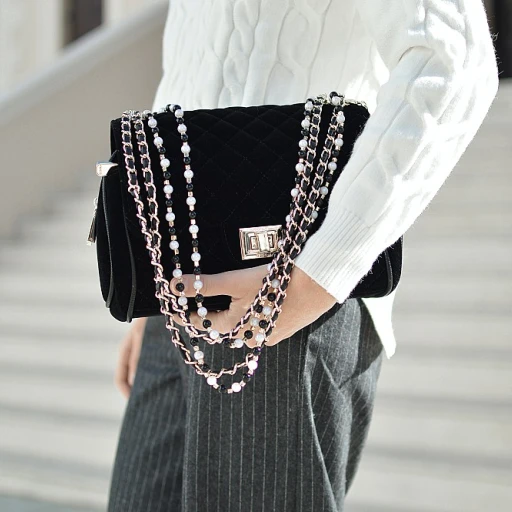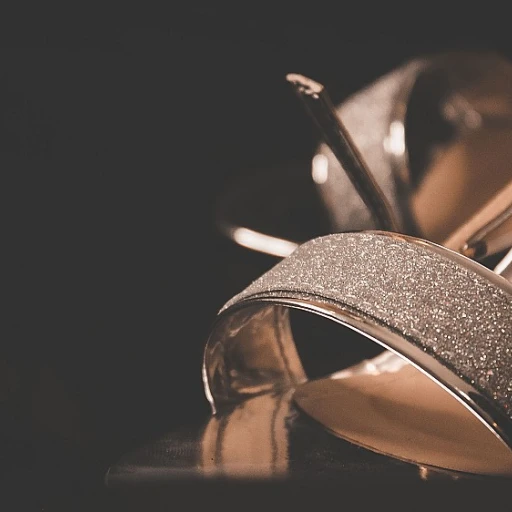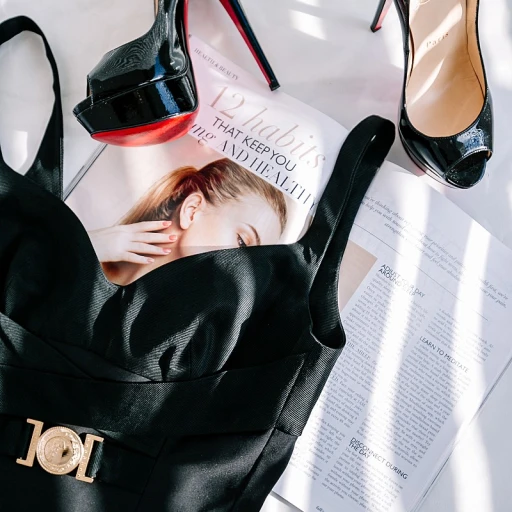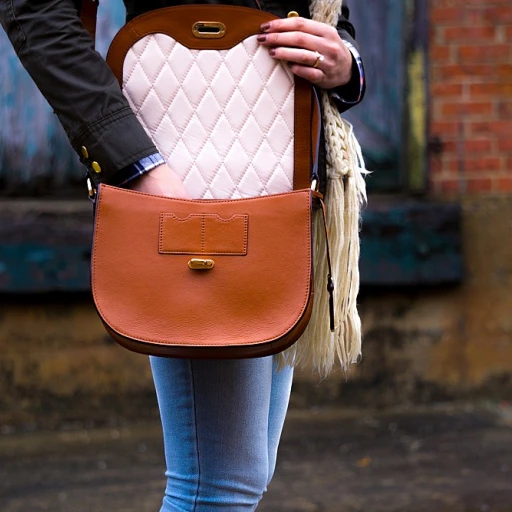
Personalization in Fashion: More Than a Luxury Statement
Why Personalized Fashion Is More Than Just a Status Symbol
In an era where mass-produced garments flood the market, personalization in women's fashion has emerged as the hallmark of exclusivity and self-expression. According to a recent survey, over 70% of consumers expect personalization from online businesses, a trend that's increasingly palpable in the fashion industry. This custom approach is not solely about the luxury it exudes; it's a mode of storytelling, allowing fashion enthusiasts to weave their personal narrative into the very fabric of their attire.
The Essence of Tailored Experiences in Modern Wardrobes
A bespoke piece is like a sartorial whisper; it speaks of the wearer's unique preferences, lifestyle, and tastes - a concept lauded by fashion experts and consumers alike. It transcends the conventional fashion paradigms to embrace individuality. Delving into the significance of personalized fashion, an insightful publication revealed that nearly 1 in 4 women are willing to pay a premium for garments that are made-to-measure, showcasing the value placed on customized experiences in today's wardrobe choices.
The Art of Crafting Personalized Fashion Stories
Personalization in women's wear is an art form, where every stitch is a brushstroke on a canvas. A study by the Journal of Fashion Marketing and Management supports this, pointing out that when a designer incorporates a client's personal style into a garment, they are curating a legacy, not just an outfit. The personal touch empowers women to narrate their fashion stories on their own terms, making every bespoke piece a reflection of their personality and a testament to their uniqueness.
The Emergence of Personalization in Everyday Fashion Choices
The appetite for bespoke and personalized fashion has permeated beyond the elite circles, influencing everyday fashion choices. As per industry analysis, the global market for custom apparel is envisaged to witness an upsurge, with a projected growth rate of approximately 10% annually. The fusion of technology and bespoke tailoring is paving the way for an accessible, personalized fashion landscape, where every woman can experience the luxury of a garment sculpted exclusively for her.
The Tangible Benefits of Choosing Personalized Attire
Opting for personalized clothing is not merely a stylistic preference; it offers tangible benefits that extend into quality and sustainability. Personalized pieces often boast superior craftsmanship and longevity - a statement supported by a report in The Business of Fashion, noting that well-made bespoke garments can stand the test of time. In addition, the customized nature of these pieces encourages a more ethical approach to fashion, reducing waste and challenging the fast fashion model that has dominated the industry for decades.
The Bespoke Process: Crafting Unique Pieces for the Discerning Fashionista
Delving into the Craftsmanship of Custom-Made Garments
Admired for its exclusivity, bespoke women's fashion tailors precision and personal touch into each garment. Notably, this made-to-measure approach involves meticulous steps – from initial consultations discussing style and fabric selections to multiple fittings ensuring perfect silhouette. According to a report by Grand View Research, the custom apparel market is burgeoning, with forecasts showing significant growth reflecting women's increasing penchant for tailor-made clothing.
Insights into the Tailor’s Artistry
Integral to the bespoke experience is the relationship between the client and artisan. Each piece tells a story, often involving upwards of 70 hours of skilled labor. The details of these unique pieces resonate with the individuality of the wearer. Renowned fashion designers, who often find bespoke tailoring the heart of their fashion lines, echo this sentiment. Gabrielle Chanel once said, "Luxury must be comfortable, otherwise it is not luxury." This comment encapsulates the essence of bespoke – unparalleled comfort through customization.
Case Studies of Exemplary Bespoke Creations
Designer showcases present a visual narrative of bespoke's allure. A recent Paris Fashion Week showcased a line where each model donned a garment intricately designed to reflect their persona – a testament to the narrative power of bespoke design. Publications like Vogue often spotlight these events, emphasizing the distinctive features of each creation, with statistics revealing that fashion show coverage significantly spikes interest in custom women's wear.
The Sustainability Angle and Ethical Considerations
Bespoke fashion also aligns with sustainability goals. The slow fashion movement, gaining traction among eco-conscious consumers, highlights how personalized pieces often result in less waste compared to off-the-rack clothing. A Boston Consulting Group study indicated that bespoke could reduce clothing production waste by up to 35%. This indicates a growing market for women seeking sustainable luxury as they become more globally and environmentally aware.
Understanding the Investment in Bespoke Elegance
Finally, investing in a bespoke wardrobe piece is not merely a purchase; it’s a statement on one's persona. With the ever-evolving trends in women's fashion, such pieces stand the test of time, both in style and durability. Although the cost is higher upfront, 'cost per wear' calculations often favor bespoke due to longevity and timeless design—turning every outfit into a potential heirloom.
Technology Meets Tradition: Innovations Shaping Bespoke Women's Fashion
Integrating Cutting-Edge Tech into Custom Tailoring
As the bespoke fashion scene evolves, technology plays a pivotal role in revolutionizing women's fashion. 3D printing, for instance, allows for intricate designs and precision in customization that was once unattainable. According to a recent report, the 3D printing market in fashion is expected to grow by 20% annually, culminating in a multi-billion-dollar industry by 2029. This innovation not only streamlines the tailoring process but also enables designers to push the boundaries of creativity and personalization.
The Synergy of Artificial Intelligence with Craftsmanship
In the realm of personalized fashion, artificial intelligence (AI) offers unparalleled insights into customer preferences. AI-driven analytics tools help designers anticipate fashion trends and adapt to individual tastes with remarkable precision. A recent survey highlighted that 77% of retailers consider AI as an instrumental part of their business strategy, which underlines its significance in shaping the future of bespoke women's wear. These AI tools not only enhance the customer experience but also refine the production process, minimizing waste and maximizing efficiency.
Virtual Fittings: The New Frontier for Precision and Convenience
The bespoke fashion industry is also harnessing the power of virtual reality (VR) and augmented reality (AR) to create virtual fitting rooms. These technologies offer a convenient and precise fitting experience, with statistics indicating that virtual fittings can reduce return rates by as much as 36%. By integrating VR with traditional tailoring techniques, fashion houses can ensure a perfect fit for their clientele, melding modern technology with time-honoured craftsmanship.
Personalization Software: Empowering the Consumer's Choice
Personalization software is empowering consumers like never before, enabling them to be co-creators in the fashion design process. With such tools, one could see an increase in customer satisfaction as users can visualize and modify their custom garments in real-time. Data shows that brands offering personalized experiences are witnessing sales increase by 10-15%. As bespoke fashion becomes more accessible, personalization software will likely become a staple in the shopping experience, offering a blend of individuality and innovation.
Sustainability and Ethical Practice in Bespoke Technology
A notable trend in bespoke women's fashion is the alignment of sustainability with technological advancements. As reported by the Global Fashion Agenda, more than 75% of consumers view sustainability as extremely or very important. Advanced technology in bespoke fashion not only allows for precision in design but also promotes ethical practices and sustainable materials, thus catering to the eco-conscious fashionista while maintaining high standards of craftsmanship.
From Celebrities to the Masses: The Democratization of Bespoke Fashion
The Shift from Red Carpets to Ready-to-Wear
Bespoke fashion, once the exclusive domain of celebrities and the elite, is now making its way into the everyday wardrobes of fashion-forward women around the globe. According to a 2021 report, the global custom clothing market is projected to grow significantly, driven by consumers' desire for individuality and a perfect fit. The accessibility of personalized fashion has been bolstered by both physical boutiques and online platforms, offering custom-made experiences to a broader audience. By embracing the ethos of bespoke fashion, which delves deep into the nuanced preferences of each individual, the modern woman can express her unique style like never before.
Collaborative Design: A New Consumer Experience
The new bespoke trend is not just about consuming fashion; it's about co-creating it. This participatory approach empowers women to work alongside designers, turning the fashion process into a collaborative journey. Statistics indicate a growing number of customers prefer being involved in the design process, a sentiment echoed by 70% of millennials who crave a more hands-on experience. This collaborative trend is eloquently illustrated by the surge in workshops and design studios offering the chance to create one-of-a-kind pieces, ensuring that each garment reflects the wearer's personal narrative and style.
Technological Innovation Driving Accessibility
Fittingly, technology has been a significant equalizer in the expansion of bespoke fashion. Innovations such as 3D body scanning and AI-driven design tools have been pivotal in scaling the personalization process, thus making bespoke clothing an achievable reality for a larger demographic. Retail technology statistics reveal that 45% of customers are interested in using tech for a more tailored shopping experience. These tech integrations not only streamline the bespoke process but also enhance the precision of custom fits, offering an analytical yet highly personalized approach to women's fashion.
The Rise of Sustainable and Ethical Consumption
As the conversation around sustainability intensifies, bespoke fashion presents an attractive, ethical alternative to mass-produced garments. The attention to detail inherent in the bespoke process often results in higher-quality, longer-lasting pieces. Indeed, a study showed that 60% of women are willing to pay more for sustainably-made clothing. By investing in bespoke fashion, women are not only advancing their individual style but also contributing thoughtfully to the larger narrative of sustainable and ethical fashion consumption. This passion for individual impact is reshaping the fabric of the fashion industry from the inside out.
Looking Ahead: A Thriving Bespoke Market
The bespoke women's wear market is not just surviving; it's thriving. As more women seek out unique pieces that resonate with their identity, the sector is forecasted to grow exponentially. The investment in individuality has never been more pronounced, with the market becoming instructional in teaching consumers the value of quality over quantity. Forward-thinking brands that have pivoted to embrace this demand are leading the charge, setting a new standard for what it means to be fashionably individualistic in the modern age.
Investing in Individuality: The Future of Bespoke Women's Wear Market
The Economic Outlook for Custom Women's Attire
Investing in individuality isn't just a passing trend within women's fashion; it's rapidly becoming a staple in the industry. Statistics reveal that the market for personalized apparel is burgeoning, with a predicted compound annual growth rate (CAGR) of approximately 10% from 2019 to 2025, showcasing consumers' growing penchant for bespoke fashion. This surge is emblematic of the fashion-forward woman's desire to curate a wardrobe that echoes her unique style and personality.
Innovative Business Models Paving the Way
- Subscription Services: Exclusive monthly collections that cater to personal tastes and styles.
- Online Tailoring: Virtual fittings and customization options streamline the bespoke process.
- Collaborative Design Platforms: Consumers co-create with designers, making every piece a joint venture.
As these business models gain traction, they serve as a testament to the viability and profitability of bespoke women's wear. They not only provide accessibility but also maintain the essence of exclusivity that bespoke fashion promises.
Celebrating Individuality: The Bottom Line for Bespoke Fashion
Experts predict a continued ascent in demand for bespoke women's clothing, as more women seek to express their individuality through their sartorial choices. High-net-worth individuals have served as the initial market, but an increasing middle-class population is now seeking customized fashion options, expanding the bespoke market's reach. Studies indicate that 45% of consumers are willing to wait longer for personalized items, underscoring the importance of individuality in fashion choices.
The Synergistic Role of Sustainability and Personalization
As the fashion industry grapples with sustainability, bespoke women's wear stands at the intersection of eco-consciousness and personalization. Tailor-made clothing often employs higher quality materials and craftsmanship ensuring longevity, thereby reducing waste and endorsing sustainable fashion practices. Consumers are becoming increasingly aware of their ecological footprint, with 73% of millennials willing to spend more on sustainable brands. Bespoke fashion's ability to provide both personalized attire and a greener option positions it advantageously within the conscious consumerism trend.
Embracing the Bespoke Narrative in Everyday Fashion
What once was the realm of red carpets and special occasions has permeated everyday fashion. As more women opt for made-to-measure garments for daily wear, the narrative of bespoke fashion expands. This transition underlines the sector's growth potential, with everyday bespoke pieces acting as the touchstone for personal expression in the modern woman's daily life.
